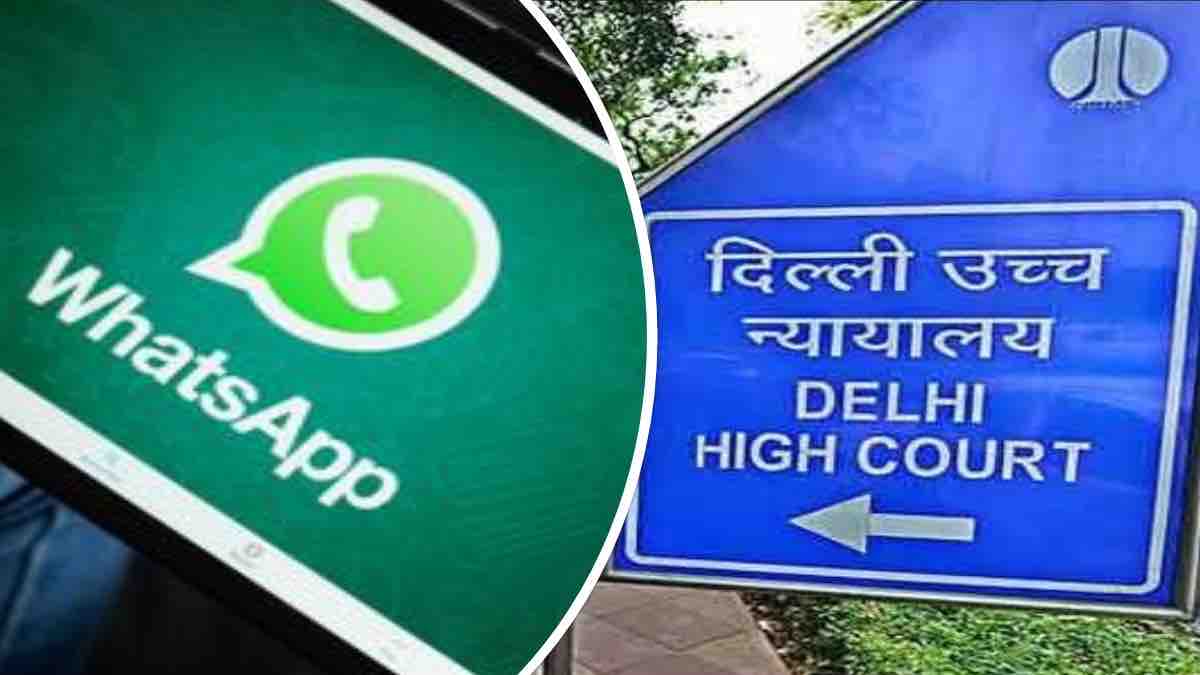In a significant ruling, the Delhi High Court has held that WhatsApp chats cannot be admitted as evidence in court without proper certification as mandated under the Indian Evidence Act. The judgment was delivered by Justice Subramonium Prasad in the case of Dell International Services India Private Limited v. Adeel Feroze & Ors (W.P.(C) 4733/2024).
To Read More Please Subscribe to VIP Membership for Unlimited Access to All the Articles, Download Available Copies of Judgments/Order, Acess to Central/State Bare Acts, Advertisement Free Content, Access to More than 4000 Legal Drafts( Readymade Editable Formats of Suits, Petitions, Writs, Legal Notices, Divorce Petitions, 138 Notices, Bail Applications etc.) in Hindi and English.




